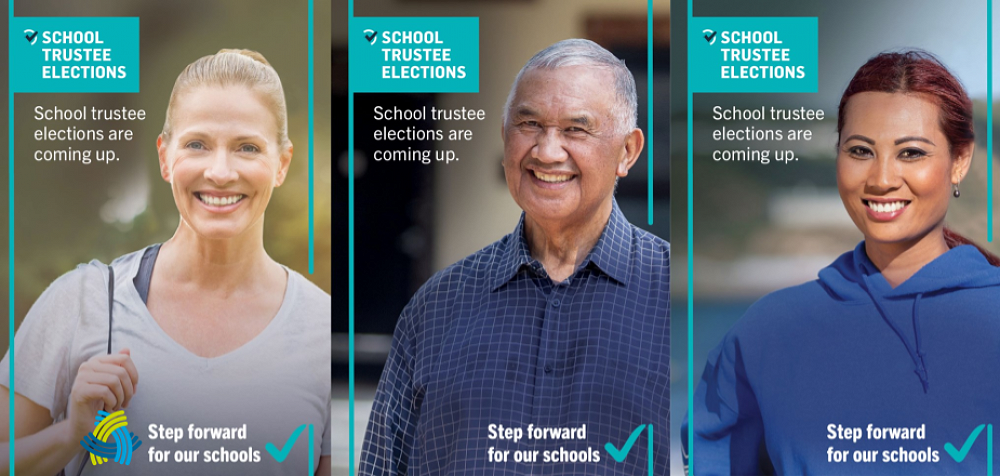
Board of Trustees Elections
In September Board Elections will be held and a number of our current Board members will be standing down after completing their 3 years as our first community elected board.
Formal nominations will be called for later this month & you are also welcome to chat to Tony for an overview of the role of the Board, and to answer any queries you have.
Our next Board of Trustees meeting is being held on Tuesday 28th June, 4pm in the school staffroom. People interested in running for the board are welcome to attend this meeting. At the end of this meeting there will be an informal opportunity to chat to Board members about what it means to be a Trustee and what the role involves.
Please email amanda@teaomarama.school.nz if planning on attending.
Further information about Boards of Trustees (from the NZSTA website): https://www.nzsta.org.nz/
What is a school board of trustees?
Almost all state schools in New Zealand have a board of trustees. School board membership includes parent representatives, a staff trustee, and the principal.
What do trustees do?
The board is accountable to its parents and community and for student progress and achievement. Here are some specific things a board does. Much of this is delegated to the Principal to do as day to day management, with the Board maintaining a governance role.
-
Sets the strategic direction and plans for the school and monitors the school’s progress against them.
- Monitors and evaluates student progress.
- Oversees the management of staff, property, finances, curriculum and administration.
- Supports the principal and supports the development of all staff
- Ensures that the educational needs and aspirations of learners are identified, planned for and met.
- Fulfils the intent of the Treaty of Waitangi by valuing and reflecting New Zealand’s dual cultural heritage.
What skills do trustees need?
Trustees are active leaders in their schools and need to work well in a team, ask challenging questions and have good communications skills. Boards need a balance of skills and experiences around the table to ensure effective processes for planning, monitoring, reporting and reviewing of the school’s performance are in place.
